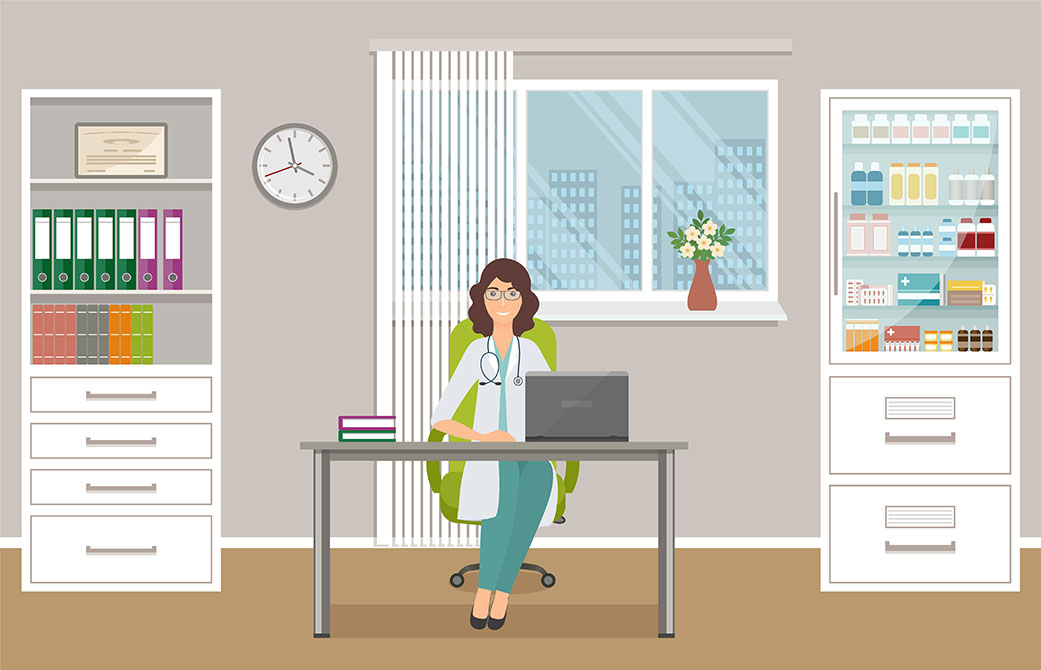Health Literacy? Ask an NC AHEC Librarian!
Did you know that your AHEC librarian can help you improve your communication with patients who have low health literacy?
The challenges of caring for sick patients increase exponentially when the patients can’t understand what their doctors mean. These challenges can be overcome with the right tools and training and, according to the National Action Plan for Health Literacy, these are areas where librarians are poised to assist.
Health literacy means more than understanding medical terminology—it refers to all the skills and abilities that people use to navigate the health care system. Although there isn’t an accepted standard definition of health literacy, one of the most comprehensive is from the Calgary Charter: “Health literacy is the use of a wide range of skills that improve the ability of people to act on information in order to live healthier lives. These skills include reading, writing, listening, speaking, numeracy, and critical analysis, as well as communication and interaction skills.” However, health literacy is not just about improving and developing the skills of the public. It is also important that we lower the barriers created by the complex health system to improve two-way communication so that people can take an active and informed role in their own health. Prior definitions have focused on a deficit in skills on the part of patients, but it is critical that we recognize the need for health care professionals to communicate in a clear manner, both in written patient education materials and in verbal communications.
Health literacy can benefit the health care system as a whole because improving health communication can significantly reduce health care costs and increase the quality of care. According to the report, Low Health Literacy: Implications for National Health Policy, the cost to the economy is estimated to be between $106 and $238 billion per year. Effectively improving health literacy can prevent hospital readmissions, reduce mortality rates, and spur greater use of preventive care. When patients and their families don’t fully understand health information, treatments or plans of care may not meet their needs, resulting in what practitioners may think is non-compliance.
If you want to improve your written and verbal communication with patients, your AHEC librarian is one of the resources you can rely on. You can request assistance in a number of ways, from training and teaching classes to helping to review patient education materials for adherence to the principles of health literacy and plain language.
The following are some helpful resources to consult for more information to help you incorporate health literacy into your everyday practice:
- Health literacy and patient safety: Help patients understand (although a bit dated, this manual for clinicians is a great overview on the topic)
- National Action Plan to Improve Health Literacy
- Health Literacy Data Map
- AHRQ Health Literacy Universal Precautions Toolkit
For more information about NC AHEC library services, visit ncahec.net/library-services/what-we-do.
Written by Terri Ottosen, Community Engagement and Health Literacy Librarian, and Lauren Tomola, NC AHEC Knowledge Management Librarian, University Libraries’ Health Sciences Library

